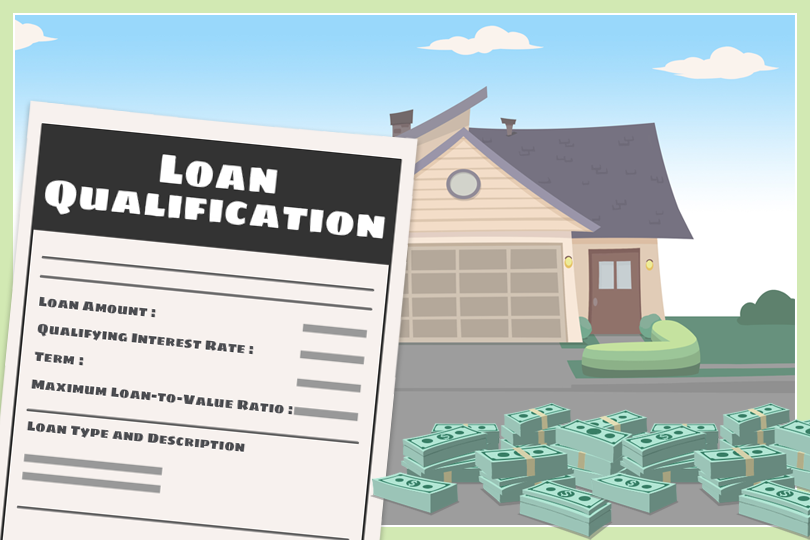How Do Other Mortgages Compare to FHA Loans?
February 17, 2025
True or False: FHA loans are the only government-backed mortgage option.
False. FHA loans are indeed government-backed (by the Federal Housing Administration), but so are VA loans (Department of Veterans Affairs) and USDA loans (U.S. Department of Agriculture).
True or False: Compared to conventional loans, FHA loans generally require a higher credit score.
False. One of the advantages of FHA loans is their more lenient credit requirements. You can often qualify for an FHA loan with a lower credit score than a conventional loan.
True or False: FHA loans always require a higher down payment than conventional loans.
False. FHA loans are known for their low down payment options, sometimes as low as 3.5%. Conventional loans can include a higher down payment, but not always. Some conventional loans may include low down payment options too, but they may come with other requirements like private mortgage insurance (PMI).
True or False: FHA loans have stricter debt-to-income ratio requirements than conventional loans.
False. FHA loans tend to be more forgiving with debt-to-income ratios, making them more accessible for borrowers with more debt.
True or False: Unlike conventional loans, FHA loans require mortgage insurance.
True. This is a key difference. FHA loans require both upfront and annual mortgage insurance premiums (MIP), which protect the lender if you default on your loan. Conventional loans may not require private mortgage insurance but you must typically put down a larger down payment (typically 20% or more).
True or False: Compared to VA loans, FHA loans are more restrictive on the types of properties you can buy.
False. Both FHA and VA loans have property requirements, but neither is inherently more restrictive than the other. Both can be used for single-family homes and sometimes for condos or manufactured homes, depending on specific guidelines and lender approval.
True or False: FHA loans are a good option for borrowers with excellent credit who can afford a large down payment.
False. While FHA loans can be used in this situation, borrowers with strong credit and ample savings might find conventional loans more appealing, as they can often avoid mortgage insurance and potentially secure lower interest rates.
True or False: FHA loan limits are the same nationwide.
False. FHA loan limits vary by county. They're designed to reflect local housing costs. So, the maximum loan amount you can get with an FHA loan will depend on where you're buying a home.
True or False: You can only use an FHA loan to purchase a primary residence.
True. FHA loans are generally for primary residences. You can't use them to buy investment properties or second homes (though there are some exceptions for multi-unit properties where the borrower lives in one unit).
FHA loans can make homeownership more accessible to a wider range of borrowers. However, they're not a one-size-fits-all solution. Understanding how they compare to other mortgage options is crucial in choosing the right path to homeownership.

FHA Loan Articles
February 12, 2024When you are approved for an FHA One-Time Close Construction loan, you get a single loan that pays for both the costs to build the house, and serves as the mortgage. One application, one approval process, and one closing date.
November 22, 2023In the last days of November 2023, mortgage loan rates flirted with the 8% range but have since backed away, showing small but continued improvement. What does this mean for house hunters considering their options to become homeowners soon?
November 4, 2023In May 2023, USA Today published some facts and figures about the state of the housing market in America. If you are weighing your options for an FHA mortgage and trying to decide if it’s cheaper to buy or rent, your zip code may have a lot to do with the answers you get.
October 14, 2023FHA loan limits serve as a crucial mechanism to balance financial sustainability, regional variations in housing costs, and the agency's mission to promote homeownership, particularly for those with limited financial resources.
September 25, 2023Mortgage rates are hitting prospective homeowners hard this year and are approaching 8%, a rate that didn't seem very likely last winter. With so many people priced out of the market by the combination of high rates and a dwindling supply of homes.







